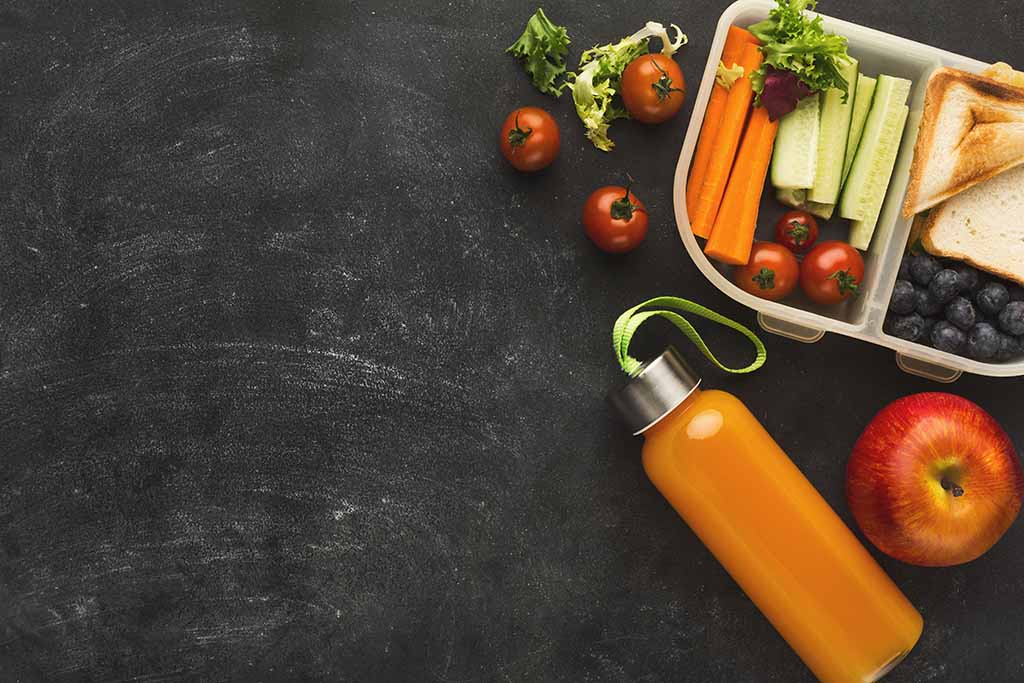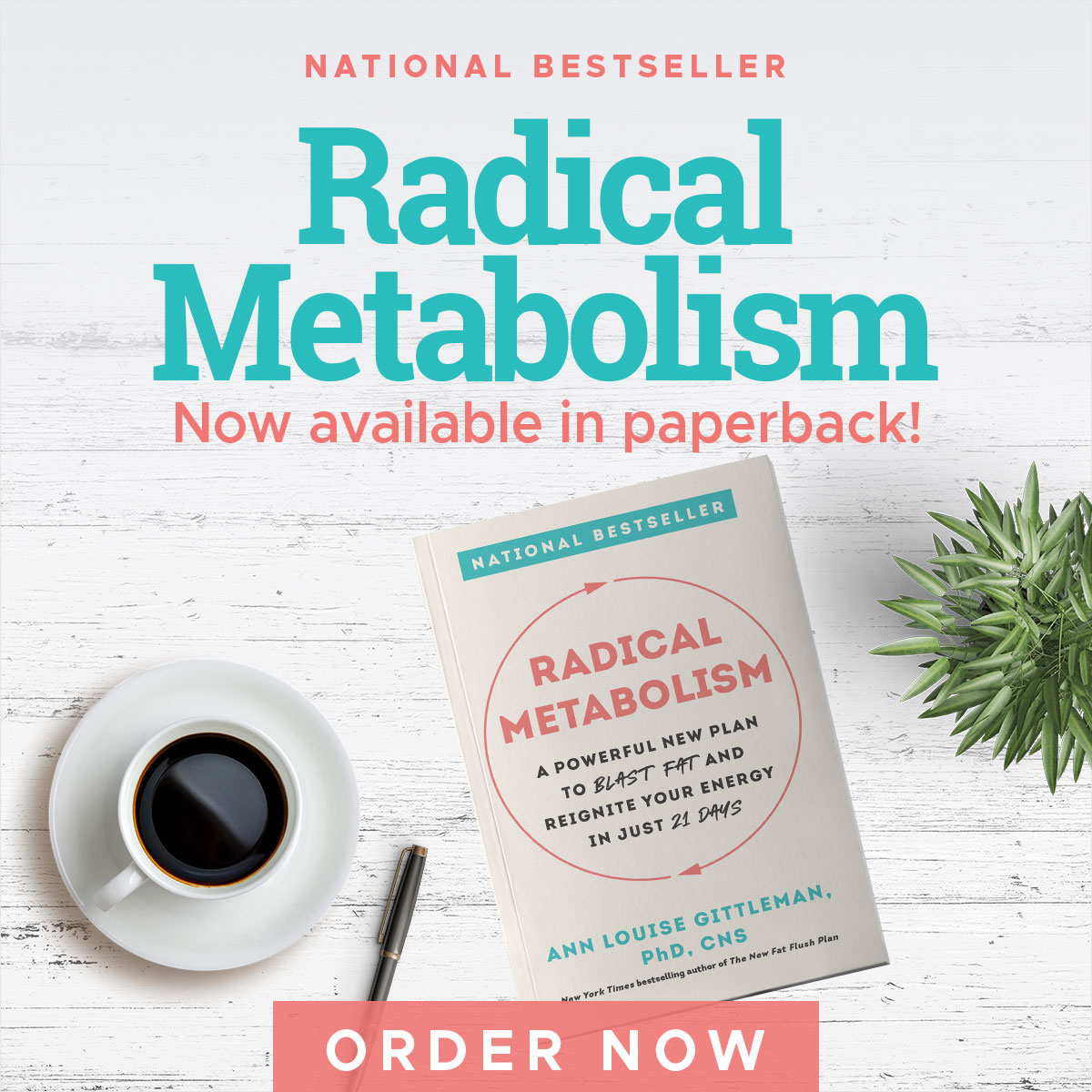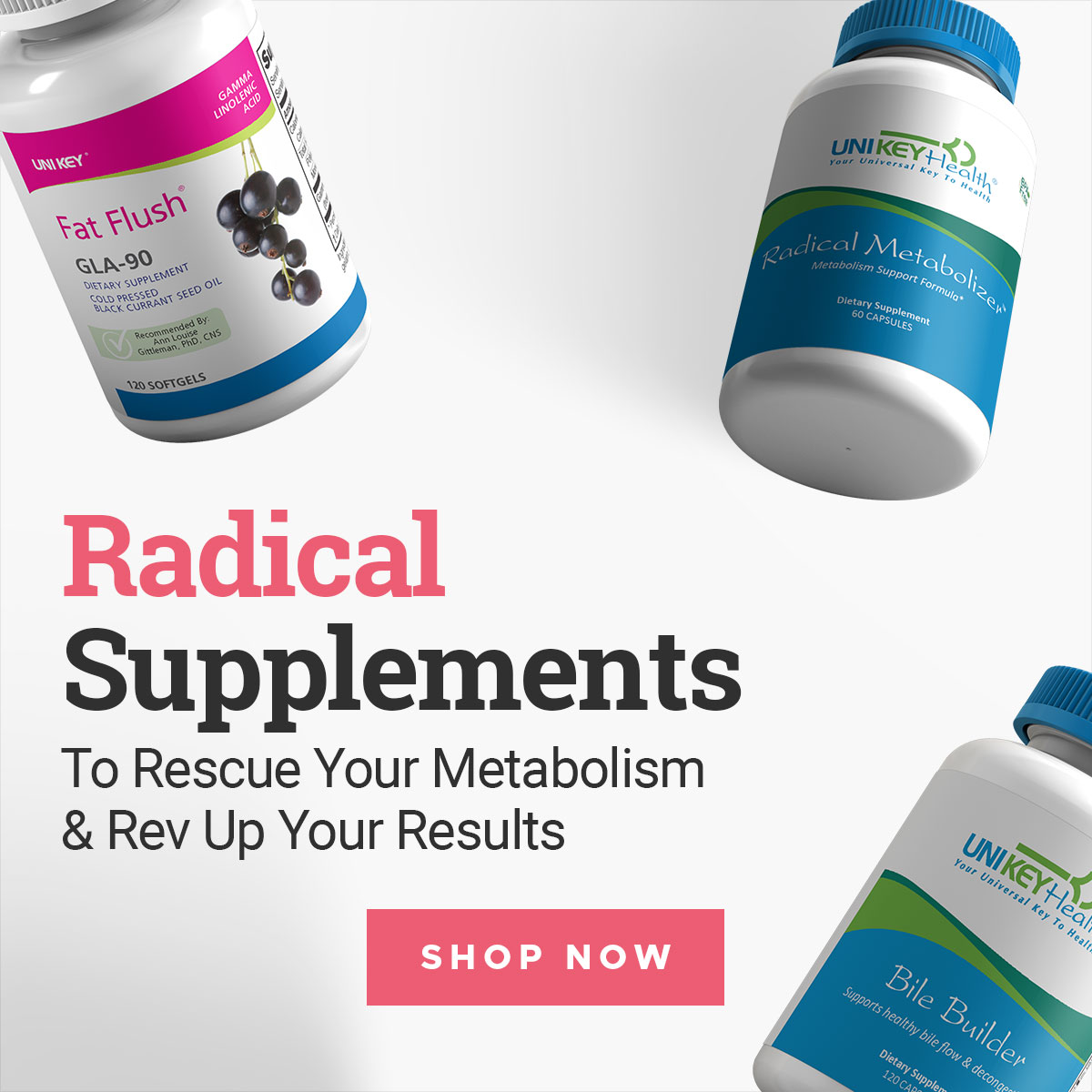Food Storage: Think Glass, Not Plastics
Excerpted from Radical Metabolism by Ann Louise Gittleman, Ph.D., C.N.SFood storage is another avenue for contamination. As mentioned, the most scientific way of protecting nutrients when storing food is to vacuum seal the food without water at 180°F. However, further science is suggesting that all plastics have the potential to leach chemicals into our foods, to some degree or another—even plastic wrap and plastic bags from the produce section. A 2011 study in Environmental Health Perspectives found that all these wraps can release estrogen-mimicking chemicals, including
plastics with the BPA-free label.4
We don’t know which chemicals will eventually prove harmful, but we can assume that none is good for us, so it might be prudent to avoid plastics altogether, or to the greatest degree possible. Instead of plastic containers and bags, a better option is to store food in lidded glass jars such as mason jars. I prefer the wide-mouth variety. They are fabulous for freezing homemade bone broths, fermented veggies, soups and stews, dressings, cultured drinks, and nut and seed milks. Glass jars now come in all sizes from little 4-ounce minis to 2-quart monstrosities. By the way, if you want to take soup or leftovers with you to work, a wide-mouth thermos works nicely.





0 Comments